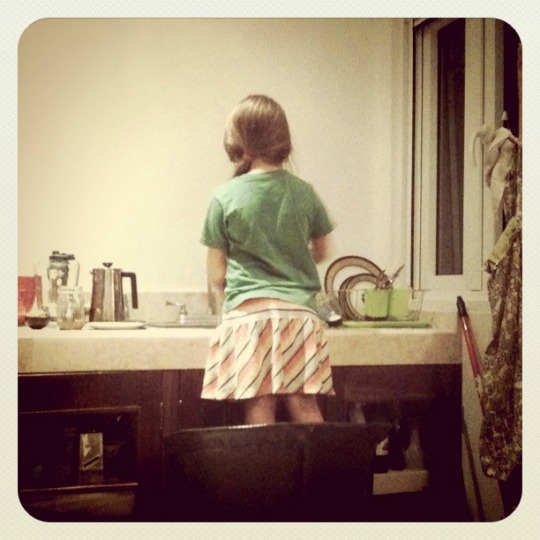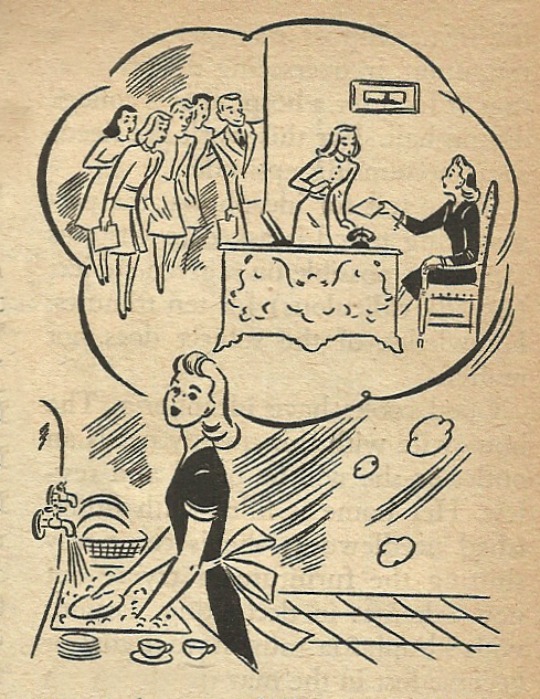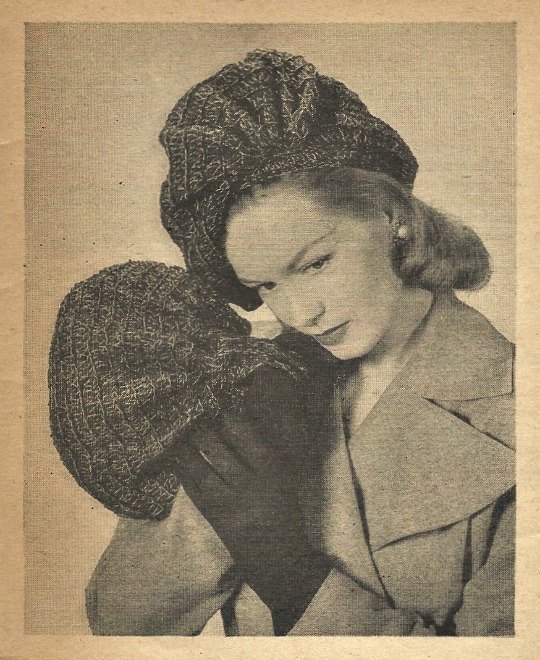October 17, 2012
So, I’ve been thinking a whole lot about “homemaking” and how it’s kind of a loaded word.
All at once comforting, demeaning, campy, wholesome and hunger-inducing, it implies craft, skill, toilet scrubbing, pie baking and oppressed mid-century housewives.
It’s amazing really, that as much a cross-cultural constant as it is, we seem wholly confused as to…
- Whether or not it’s really important,
- Who determines its value and meaning, and
- (to be read in your best valley-girl accent) Why the charcoal sheets are on sale, but not the jade ones?
I’d like to get at the heart of all the confusion. Though obviously more complicated a subject than can be contained to one blog post, for me the answers are clear, if severely obscured…
- It’s important. In fact, it is vitally important.
- You and I determine its value and meaning unless we don’t, and
- Because it’s a game marketers play (and one of thousands).
I am a homemaker and I wear the label proudly. I scrub toilets, I bake pies and then some. Though sometimes frazzled and occasionally overwhelmed, I do not feel oppressed, nor do I believe the home is a woman’s place.
What I do believe — in fact, the very impetus for this blog — is that we, as thinking people through the embrace of home life have tremendous power to shape culture in ways not widely recognized.
But no matter how I feel about it, until each of us answers these questions for ourselves (at least the first two), we are in essence handing over that power to corporations who are more than happy to answer them for us.
Are there legitimate reasons why homemaking is such a sensitive subject, and why “homemaker” has become a largely pejorative label? There are TONS.
Let’s take a look at a few of them.
This summer, I ran across a small, tattered publication from 1947 called The Woman. Thumbing through its yellowed pages, I felt as if I were witnessing one of the most influential beginnings in recent history — women’s perspectives on home life (and themselves) were suddenly being shaped by profit-driven propaganda.
Here are a few of my favorites from a long list of advertisements and articles…
Why You Can’t Get Sugar — “In New York, lollipops that normally sell for a cent a piece have gone up to three for a dime. A kid can’t stand such a state of affairs; neither can grownups. Nothing fundamental is going to be done about it until the ultimate consumer — the housewife — takes matters in hand.”
Pocketbook Wisdom — “Recently, I became a victim of one of those seasonal urges for a new dress — something sheer, dark, with a semblance of sleeves and (I hoped) a moderate price tag.”
Packaged Homes — “With just $4,000, a 30 x 40 foot lot and 35 hours, erect a panel-method home to suit individual taste.”
How Dorothy Mullins Made Herself Over — “Dorothy had tried so-called reducing diets, but none brought results. Then she began to hear about the DuBarry Success Course. She learned it could be taken at home — that was important. So she enrolled.
Reshape Your Life in the Dentist’s Chair — “The pearly teeth of your favorite movie glamour girl may be her own, but more often than not, they are the dentist’s contribution to feminine beauty.”
Perhaps the most interesting of all was an article entitled…
Why Husbands Leave Home — “His world is outside the kitchen, and there are women moving through that world. Women who scintillate — interesting and interested — as his own wife used to be when they were a gay young couple.”
It’s funny — looking back at antiquated marketing tactics — but more importantly (like all historical reflection), it’s hugely helpful. In the sorting of our modern-day confusion, a little perspective on the origin of widely-held beliefs quickly reveals that many of them are rooted in ridiculousness.
Marketers today are entirely more savvy. Equally significant is that the vast majority of us have become quite accustomed to being marketed to.
Here’s where the game stops being funny.
In modern-day USA, homemaking and consuming are now sold to us as a union — as a symbiotic relationship like bees and orchids or sea anemones and hermit crabs.
The only difference is that, by definition, symbiotic species exist as a cooperative or mutually beneficial relationship, and gauging from the rapid decline of family-owned businesses, the disconnection of local communities, resource degradation, the rise in household waste and toxic byproducts of production, it seems to me that in this case, we’re talking about a parasite.
You and I are a new generation of homemakers, whether parttime, fulltime, or overtime. Thanks to the sacrifices and resolve of our mothers and grandmothers, these are choices, not assumptions or obligations. We do not have to allow the residual oppression of their eras to define our own any more than we have to serve Spam with canned asparagus for dinner.
The sooner we answer these questions for ourselves, the more obvious it will be when THEY (the marketers, not our grandmothers) are trying to answer them for us.
Take it from the sugar industry, “Nothing fundamental is going to be done about it until the ultimate consumer — the housewife — takes matters in hand.”
If the word “housewife” offends you, answer questions one and two first, then insert “homemaker” in its place, and you’ll have a recipe for a shift in thinking powerful enough to have created an entire culture of sugar addicts.
Oh, and look out for those scintillating women. They’re interesting and interested.




Yes! I am so glad to see someone else addressing this topic. Have you read Radical Homemakers by Shannon Hayes? I think you would really enjoy it. She talks a lot about the consumer and marketing aspects of homemaking and how that came about. She also talks about how homemakers shifted from being producers to being consumers.
I haven’t but will add it to my list of books to find next time we are stateside! Thanks for the recommendation!
I second Radical Homemakers, I found all the marketing info really interesting, how they created a need then offered to fill it! So helpful of them really!
I’m new to your blog, have enjoyed what I’ve seen so far and feel quite envious of your simple, pared down lifestyle.
cheers Kate
1. Important! Yes!
2. Us, all of us (women, men and kids)
3. who cares – if it’s a hand me down it’s always the best price
thanks so much for your thoughtfulness and willingness to put such things into words.
Thank YOU, Angela – from a fellow lover of hand-me-downs.
Thank you for this post, I found it very interesting to hear someone put into words what I’ve always felt. I also am new to your blog, and plan on subscribing – mothering and homemaking should be simple, down-to-earth, but confident in doing what works for your own family. I have 5 kids, and also think it’s important to limit/have very candid conversations about pop culture and media and the messages they are trying to send to our children and “they” try to mould our kids into consuming adults! Thanks again!
Thank you, J’Ana! Simple and down-to-earth – somehow we’ve lost touch of these values! Glad you’re here.
This is really interesting. Here in the UK we don’t use the word “homemaker”, we still just use “housewife” (occasionally “stay-at-home mum”, or, of course, “househusband” or “stay-at-home dad”). The first time I read the word “homemaker” (possibly in Cheryl Mendelson’s book) I thought it was much better – at least it describes the person as doing something actively, rather than just being married to their house! I wouldn’t describe myself as either a housewife or a homemaker, but as a catch-all term for the business of keeping the place you live in order I think I might even prefer “homemaking” to “housekeeping”…
Thanks, Nina. I am always curious to hear about differences in other cultures. Do these terms have a negative connotation there or is homemaking widely accepted and encouraged?
Heya! I hope you don’t mind but I decided to post your website: to my online directory website. I used, “” as your web site headline. I hope this is ok with you. If perhaps you’d like me to change the title or perhaps remove it entirely, contact me at. Many thanks.
toms2015.org http://www.toms2015.org